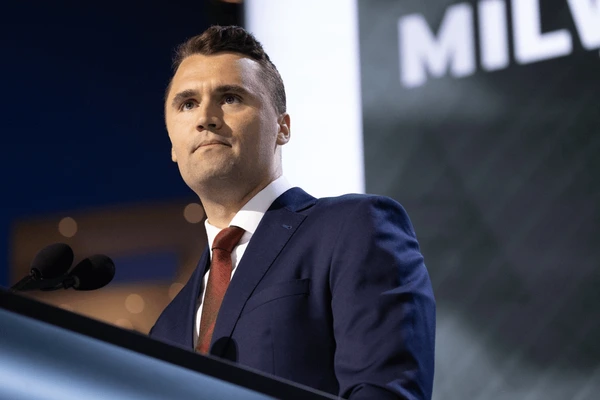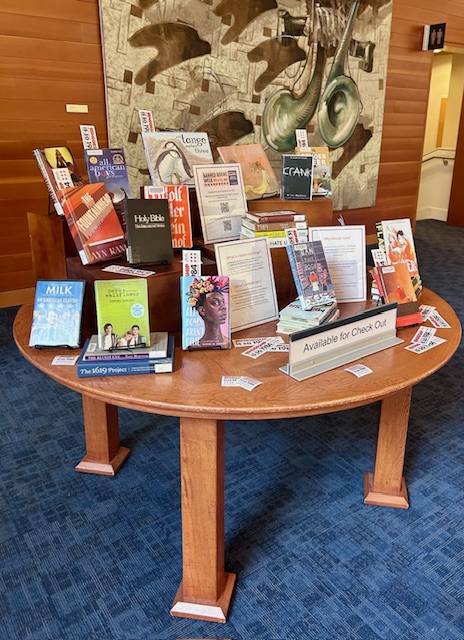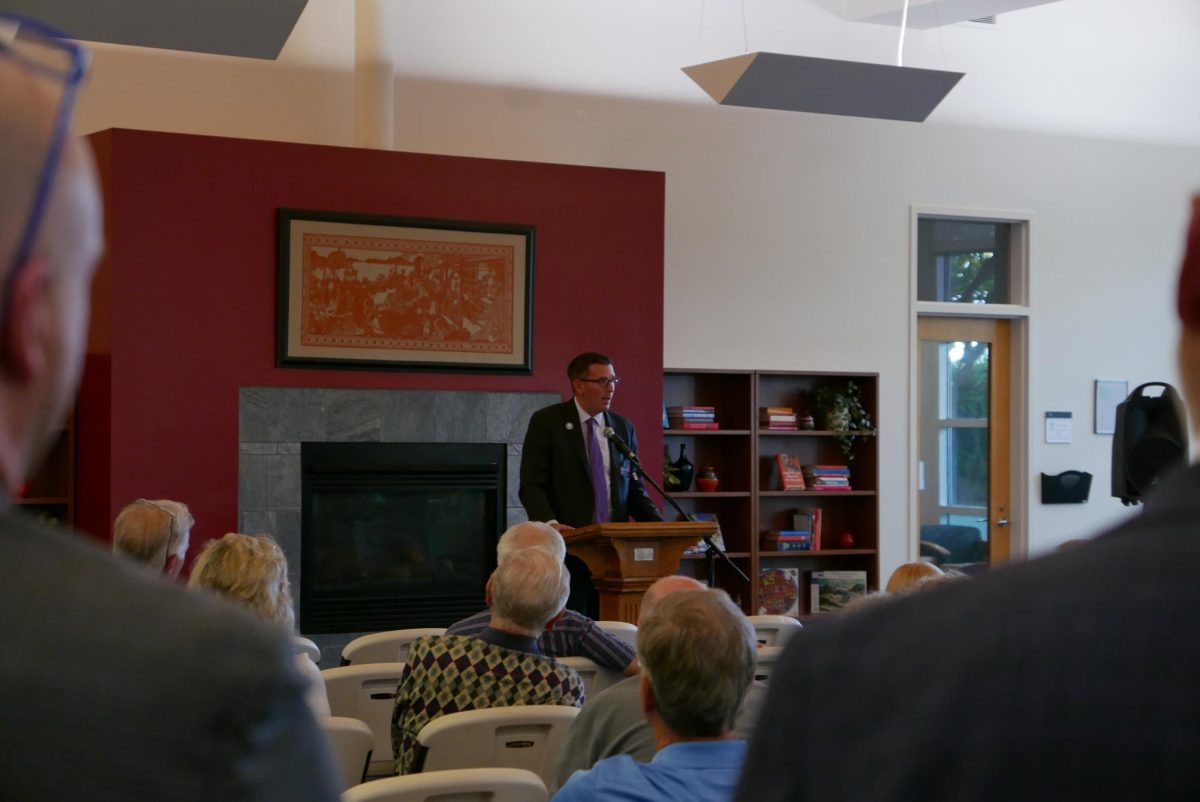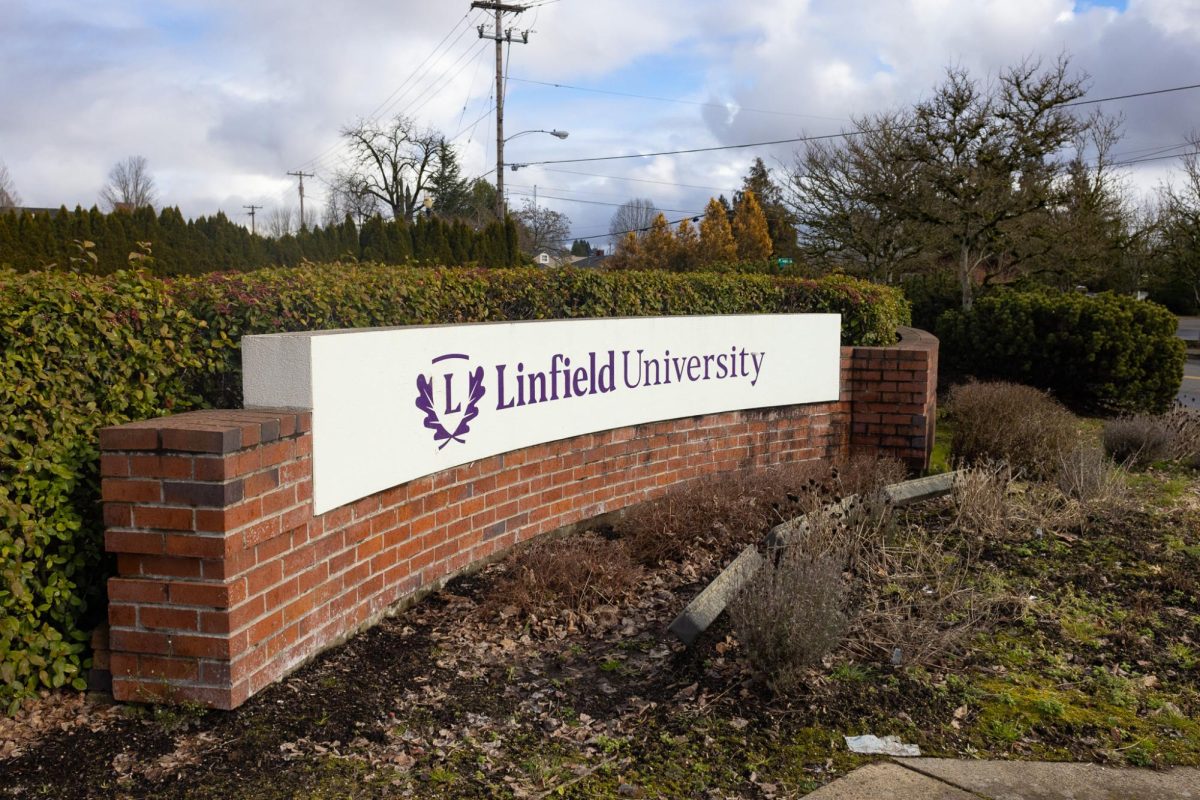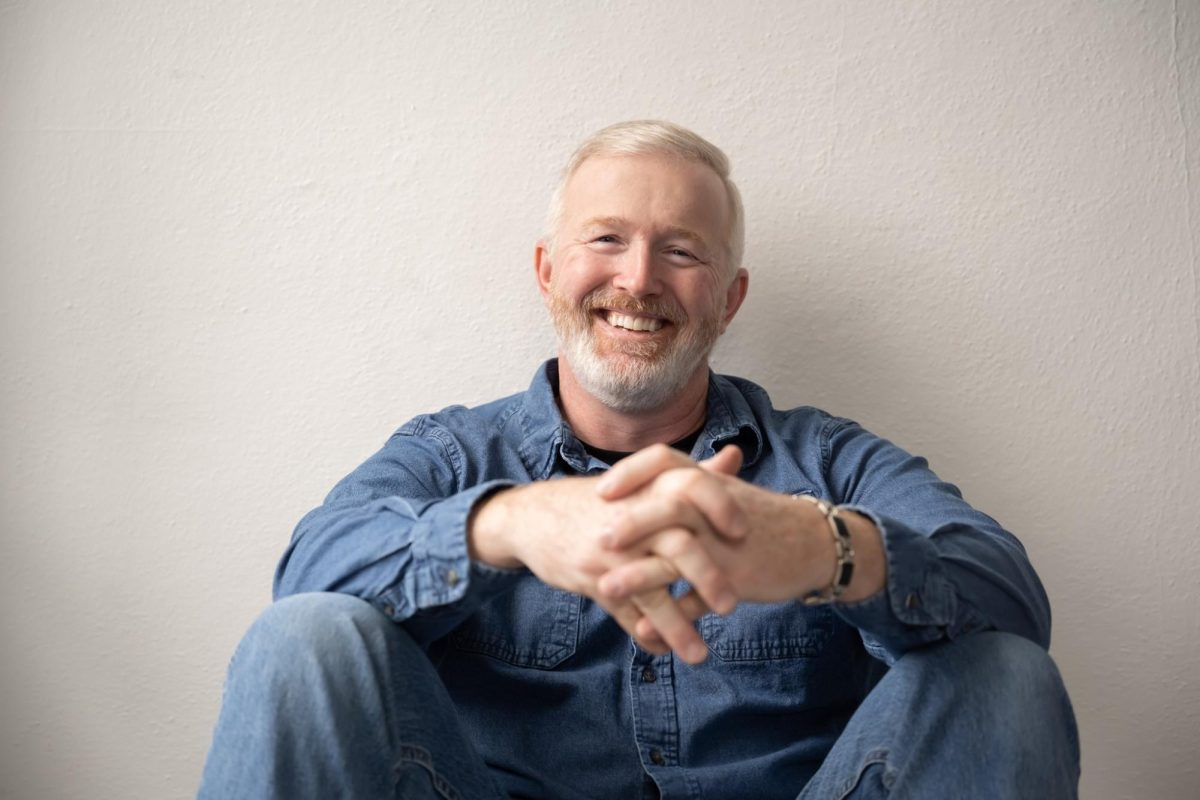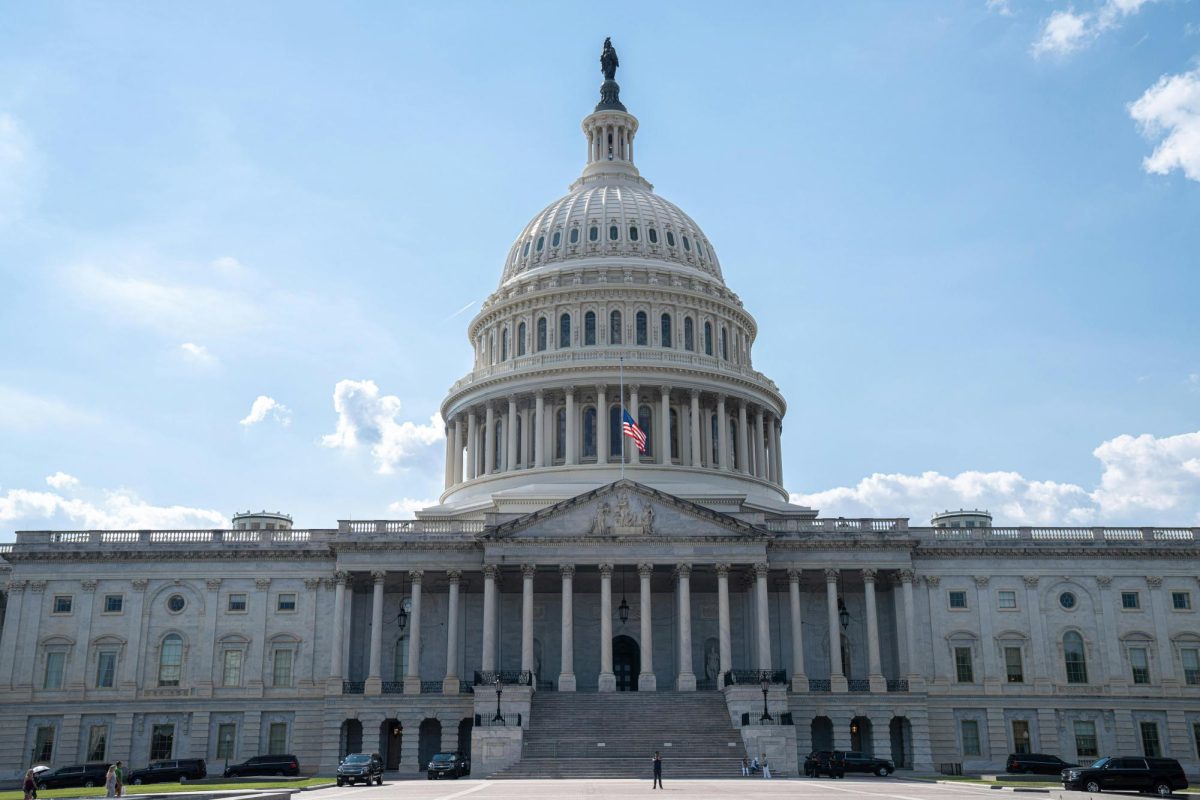On Sept. 10, right-wing political activist and Internet personality, Charlie Kirk was shot dead while visiting Utah Valley University. Within the hour, videos were circling the internet of Kirk being struck by the bullet.
Kirk’s death has since sparked much debate about free speech as individuals have been fired from their jobs in response to comments on his death. The most notable being the temporary removal of “Jimmy Kimmel Live!” after Kimmel mentioned Kirk’s death in his opening monologue.
Whether students consider themselves conservative, liberal or somewhere in between, Kirk’s death and the aftermath is on the Linfield student body’s mind.
“The fact that something so horrific could be circulating online within minutes of the shooting was disturbing,” said senior wine studies major Lucien Lefebvre.
The video shook many students. While gun violence is an unfortunate truth of living in the United States, social media has changed the way videos circulate making it difficult to avoid potentially triggering content.
“I recall the murder playing over and over in my head which made the days following difficult to focus on anything else,” said an anonymous senior.
Since being initially released, many of these videos have been pulled from social media platforms.
Social media has been a place of discourse, with people making posts and comments following Kirk’s death. For some, this has led to job termination, calling into question First Amendment rights.
“I completely agree with the decision to fire individuals who celebrated his death or made anti-Kirk remarks in a professional setting,” said Lefebvre. “Workplaces should strive to be inclusive and cohesive, and bringing political hostility into that environment undermines safety and respect for others.”
Caroline Smith, a junior biology major takes a seemingly opposite stance.
“I don’t think that companies should be allowed to fire people for social media posts, ” said Smith. “Unless that post shows that person would create an unsafe work environment.”
Lefebvre and Smith both touch on the nuances of the situation. While disagreeing, they also manage to agree that the firing of employees should come from a concern for workplace safety. Whether these firings were a result of actual concern for safety or just a reflexive action due to polarizing media environments is uncertain.
“People have the right to share their opinions without legal consequence,” said senior journalism major Ethan Kline. “But at the end of the day, companies have the right to fire someone over the things they say when they are representing the brand.”
While the idea of losing a job due to a social media post may be seen as an infringement of free speech, Kline is correct in his assessment. The First Amendment is meant to prevent government restrictions of speech, not prevent private industry actions related to speech. This is something that has been highly prevalent with cancel culture, with high profile individuals losing jobs due to posts made many years prior.
However, there are concerns about the potential risks to free speech after Kirk’s death, as this too can be seen as a form of censorship.
“When you start to censor speech, it becomes a slippery slope that I don’t want to see our country go down,” said Kline. “You can hate what someone is saying, you can hate them for saying it, but I don’t believe someone should be silenced.”
Conversation on free speech continues in classrooms and on campus, as well as within the Linfield Review. And it is not just a concern of censorship. Responses to Kirk’s death have led to what is sometimes referred to the spiral of silence, the fear of sharing opinions within groups that don’t share the same opinion.
On Oct. 15, journalism professor Dr. Selberg, in partnership with Pizza and Politics, hosted an event to discuss censorship and free speech in classrooms. This event aimed to be an open space to discuss the state of free speech and recent concerns surrounding censorship following Kirk’s death.
While Kirk was controversial in his opinions and the way he, at times, conducted his discussions, ultimately his platform was built on discourse. So, having conversations about censorship and creating spaces where people feel they can share their opinion is one of the best ways to exercise First Amendment rights as a United States citizen.

